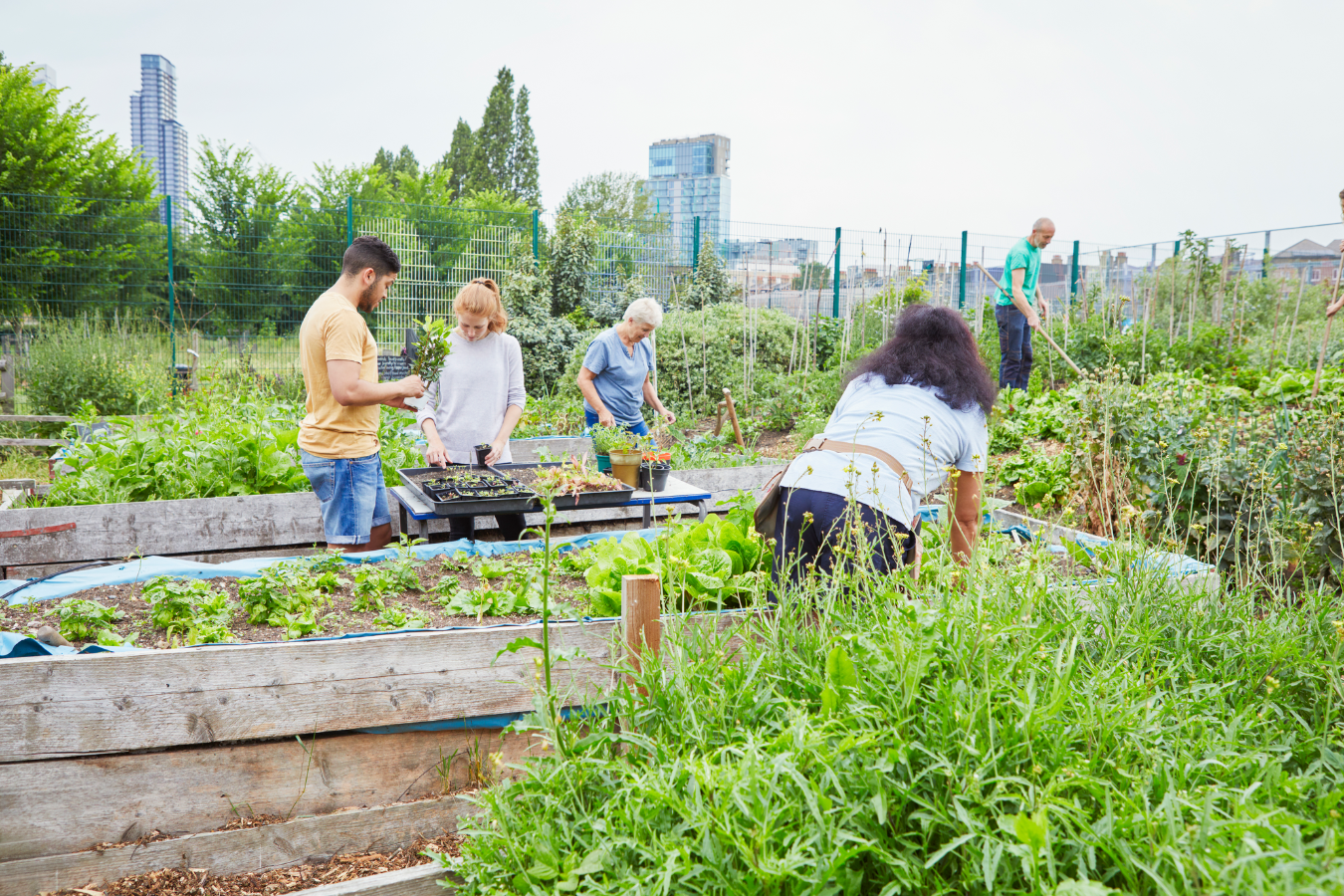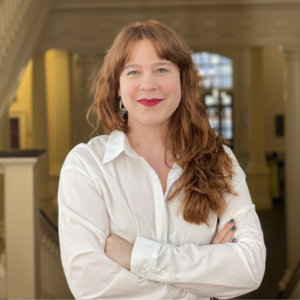Public space is an important part of how residents connect with their community, a lesson many American cities learned during the coronavirus pandemic as streets and sidewalks became outdoor dining spaces and municipal buildings became testing and vaccination sites. However, design of and access to public space has not been equitable across the country. Racial segregation, redlining and disinvestment in BIPOC (Black Indigenous and People of Color) communities have created divided neighborhoods with unequal access to amenities, public space and economic opportunities. When placemaking initiatives are equity-focused and data-informed, they can begin to improve access to economic opportunities and foster social inclusion for all residents.
Placemaking is a set of strategies for municipal leaders to work with residents in reimagining how public spaces can best serve the community’s needs.
Through placemaking, communities can creatively use public spaces like streets, parks, libraries and public buildings to generate social and economic benefits. Like other forms of community development and planning, placemaking initiatives are an opportunity to bridge gaps across racial and socioeconomic lines. A collaborative decision-making process that meaningfully engages the local community can help enable city leaders accurately respond to what a specific community needs out of its public space. Data-informed decision-making, supported by data tools like asset mapping and transit and pedestrian network analysis can also help policymakers ensure placemaking efforts are equitably serving their communities.
Placemaking in Practice
City leaders in roles ranging from planning, economic development and parks and recreation have integrated placemaking into their work. The process of placemaking can simultaneously accomplish or advance other city objectives in a wide range of policy areas including sustainability, economic development and youth engagement.
Many urban centers have begun community garden initiatives to encourage residents to reconnect with nature and provide a public space to meet with their neighbors in a casual setting. The City of Portland, OR, designated specific land plots and opened these garden plots to the residents for a small fee. While most plots are affordable, the city has also developed a scholarship assistance program to ensure that socioeconomically disadvantaged residents are not excluded from the opportunity. Neighborhoods within urban centers have various levels of access to public space and community connections. Placemaking initiatives like community gardens can begin to bridge some of these gaps. Portland provides a model for utilizing community engagement and a shared physical space to expand resident access to green space and fresh food and foster social connectivity.
Other cities have invested in placemaking to promote sustainability efforts and showcase local culture and art. In North Carolina, Charlotte’s Urban Design Center developed a Placemaking Grant Program for community-led projects that ”enhance community vibrancy, safety and identity.” Some of the 2023 projects include building an outdoor stage for the Cambodian Cultural Society to host events and create a community gathering space, constructing a solar-powered art installation equipped with educational sustainability signage, and painting bike lane and crosswalk street murals to enhance safety and identity. This program utilizes placemaking for community-building projects that make Charlotte’s physical space more usable and representative of those who live there.
Smaller rural cities such as Wytheville, VA, have invested in local entrepreneurs, recognizing their role as valuable assets in driving community placemaking and increasing the vibrancy of public spaces. Public and private sector leaders are boosting opportunities for skill building through free business classes, mentoring and networking opportunities to small businesses. The local entrepreneurs are then bringing these learnings to support their participation in a Virginia Department of Housing and Community Development grant-funded competition to revitalize their downtown, both helping nontraditional businesspeople to access resources and promoting inclusive, sustainable development. The participants stated that while the added funding and publicity from the competition were helpful, the skills that they learned independently led to positive business growth. Wytheville’s transformative approach to placemaking began with leveraging existing assets – aspiring and motivated entrepreneurs – to revitalize its economic prospects while helping nontraditional businesses succeed and create space for meaningful engagement with the community.
Placemaking is an adaptable and creative tool that can take on a variety of forms depending on a particular city’s priorities. Actively seeking to engage community members in the planning, implementation and evaluation of placemaking projects can help cities improve equitable access and promote social inclusion.
Learn More
Learn more about this topic and share what your community is working on at NLC’s City Innovation Summer Learning Series virtual event, Using Data, Innovation to Promote Inclusive Placemaking, which will be held at 2 p.m. Wednesday, July 26. This session also includes an interactive peer Q&A discussion.












